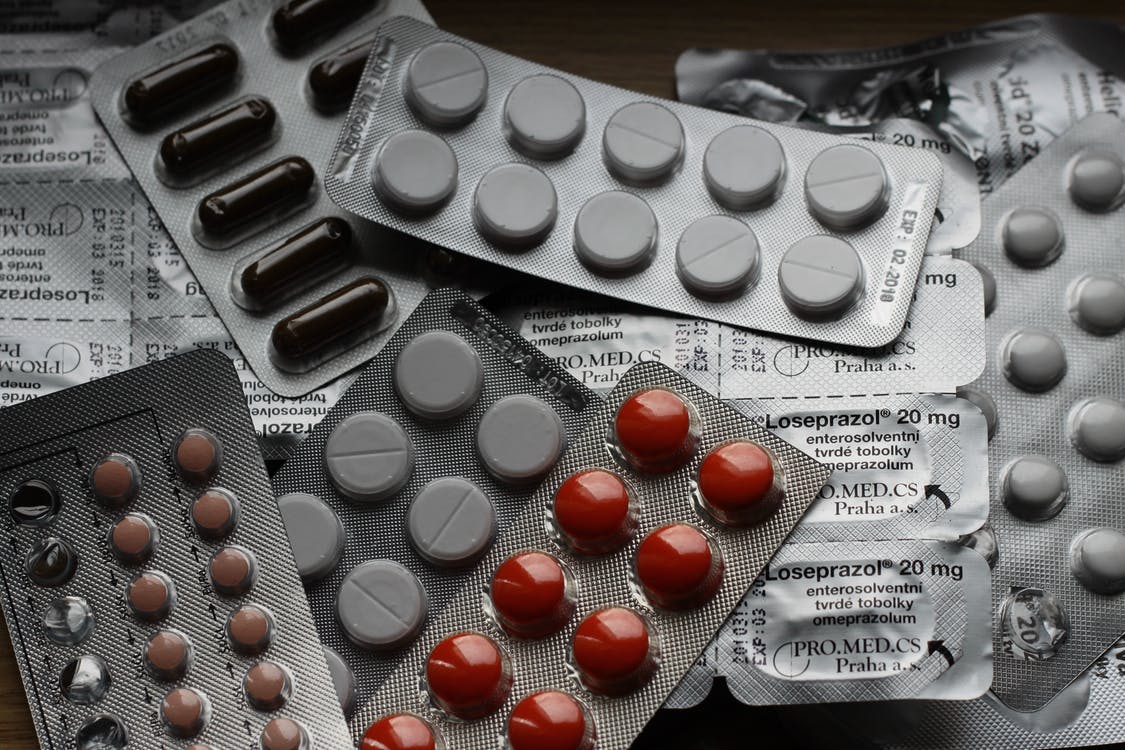Categories of Drugs
Drugs and Physical Health
Drugs and Mental Health
Mixing Drugs
Prescription Medications
Drink & Drug Driving
RESOURCE HUB:
Drugs & Mental Health

Drugs and Mental Health
Introduction
Drugs will have an impact on the brain and its functioning (often this is exactly what they are designed to do), but for many people the effects are not what was expected and can cause serious adverse impacts to both their short-term and long-term mental health.
DEPRESSANTS
CANNABIS
Cannabis is a natural substance from a plant commonly known as hemp. It comes in a solid dark lump known as resin or as leaves, stalks and seeds called grass and also as a sticky oil (which is very rare).
How can it affect my Mental Health?
Cannabis can affect short-term memory and ability to concentrate. It can also make some users paranoid and anxious, depending on their mood and situation.
SYNTHETIC CANNABINOIDS
These can often be misunderstood as being like Cannabis, but the only similarity is that the chemical links to the same receptors in the brain as THC, found in Cannabis, does.
How can it affect my Mental Health?
If the user has a history or family history of psychosis and mental health conditions, or of epilepsy and other seizure disorders, these are all at increased risk. The comedown from Synthetic Cannabinoids can be very intense and induce suicidal feelings. There is a risk of temporary psychotic states leading to unpredictable behaviours.
KETAMINE
Ketamine comes in different forms. When used in medicine it is a clear liquid, however, when sold on the street ketamine may appear as a grainy white or brown crystalline powder. It also comes as a pill; however, this is less common and is more likely to be mixed with other drugs.
How can it affect my Mental Health?
Regular use of Ketamine seems to affect the mind, particularly memory. It can cause problems with flashbacks and concentration. Using Ketamine regularly can cause depression and occasionally psychotic symptoms such as hallucinations. Ketamine use can make any existing mental health symptoms worse.
There is currently research into the use of medical grade Ketamine as a treatment for severe depression; however, it is too early to know the results.
GHB/GBL
GHB is naturally found in tiny quantities in the body of humans and other animals. The GHB that is available as a recreational drug or medication is manufactured but is still the same compound. GBL is converted into GHB in the body, so it has very similar effects and harms.
GHB has a medical use in the treatment of narcolepsy, and GBL is used in stain remover, rust remover, and superglue remover, as an alloy cleaner and as a paint stripper.
How can it affect my Mental Health?
Effects of GHB and GBL can be short-term confusion and disorientation. Depression, anxiety and insomnia may continue for weeks or more, if withdrawing from heavy use.
NITROUS OXIDE
Nitrous Oxide is a gas, used recreationally and medicinally for over 200 years, with pain-relieving properties.
How can it affect my Mental Health?
Occasionally people can become psychologically addicted. People with existing mental health issues may be at more risk of this. Those who experience low moods and worry may be at more risk of addiction, even though it is an unlikely effect.
SOLVENTS
Solvents are generally a range of glues gases and aerosols, which can cause harm when abused. Solvents come in the form of many household products such as lighter refills, cleaning fluids, deodorants and air fresheners etc.
How can it affect my Mental Health?
They can seriously affect your judgment and when you are high, there is a real danger you will try something dangerous.
Solvents also impair mental and physical activity and decrease self-control. Prolonged misuse of solvents and volatile substances can result in brain damage.
A very small number of users come to rely on them as a way of coping with life – not just to have some fun.
STIMULANTS
COCAINE
Cocaine is a stimulant drug extracted from the coca plant. It is usually snorted as a powder (coke) or smoked from small rocks (crack).
How can it affect my Mental Health?
Bingeing on cocaine, especially when a user is neither eating or sleeping properly, can cause traumatic episodes of psychosis; for example paranoid delusions and realistic hallucinations.
If you have any underlying mental health issues such as psychosis, anxiety or depression, cocaine, or the comedown, may exacerbate symptoms.
AMPHETAMINE
Amphetamine is a powerful stimulant that keeps people alert, usually sold as an off-white or pinkish powder – that sometimes look like small crystals
How can it affect my Mental Health?
Amphetamine can result in increased anxiety, irritability, aggression, restlessness and paranoia. Psychotic symptoms (like those suffered by people with schizophrenia) can occur when taking amphetamines. These can include paranoid thoughts or delusions. Psychotic symptoms may happen during amphetamine intoxication and can last days or weeks after the intoxication phase of drug use.
At high doses, it can induce a psychosis similar to schizophrenia.
ECSTASY/ MDMA
MDMA is a drug that produces feelings of euphoria and empathy along with energising effects similar to amphetamine. It is commonly sold either in pill form (known as ecstasy) or as MDMA crystals.
How can it affect my Mental Health?
Following MDMA use, there can be a comedown period, which may last several days. In this period, users may experience depression and anxiety.
Some studies have suggested that MDMA can contribute to depression, and also some have found that those with depression may be more likely to take MDMA.
MEPHEDRONE
Mephedrone is a powerful stimulant that is often compared to drugs like cocaine and ecstasy, a former legal high; it is now banned in the EU. It is a manufactured rather than natural substance.
Before mephedrone was made illegal, people would sell mephedrone as plant fertilizer, bath salts or as a research chemical. This was a disguise for selling it for use as a recreational drug, to get around the law. Mephedrone cannot be used as plant food/fertilizer or as bath salts.
How can it affect my Mental Health?
Mephedrone can lead to insomnia and loss of short-term memory. Existing mental health should be taken into account, as the chance of panic, paranoia, hallucinations and compulsive bingeing are likely to be increased if you have a disorder that predisposes you to these.
OPIOIDS
HEROIN
Heroin is a powerful opiate that is sold as a white or brown powder. The colour varies as it is usually cut with different substances.
How can it affect my Mental Health?
People who use heroin regularly are more likely to develop mental health problems such as psychological dependence, confusion, mood swings, depression and anxiety.
The harms of heroin are linked to the harms of poverty and unstable lifestyle. Many problems may be caused by neglecting other things necessary for wellbeing in order to maintain the habit.
PSYCHEDELLICS
LSD
LSD is usually sold as small squares of paper with pictures on them, known as tabs or blotters. LSD can also be sold as a liquid or as tiny pellets, known as microdots.
How can it affect my Mental Health?
If there is a family history or you have mental health problems, taking LSD could risk worsening these. It could also trigger an underlying mental health problem that has gone unnoticed.
If someone is going through a difficult time emotionally when they take psychedelics, if they are in an unfamiliar and chaotic setting with people that they do not know or trust, or if they take a very high dose, they are at far greater risk of having a bad experience and possibly a ‘psychedelic crisis’.
‘Hallucinogen Persisting Perception Disorder’ HPPD is re-appearance of some of the effects experienced during the previously occurring hallucinogenic experience after some time without the drug. In most cases HPPD follows a traumatic hallucinogenic drug experience (‘bad trip’). In some cases, sufferers may feel detached from normality or the world.
HPPD was reported occasionally as longer lasting, though complete or partial recovery usually occurs after weeks or months.
PSILOCYBIN
Psilocybin may be more commonly known as ‘Magic Mushrooms’ and has hallucinogenic/ psychedelic effects.
How can it affect my Mental Health?
There is a risk that high doses of magic mushrooms can cause disastrous, prolonged and traumatic effects called a ‘psychedelic crisis’, though this is not common.
There is also a risk of making mental illness worse or even triggering it if the person taking the drug has a pre-existing vulnerability to this. However, the risk of long-term psychological disturbance is low.

